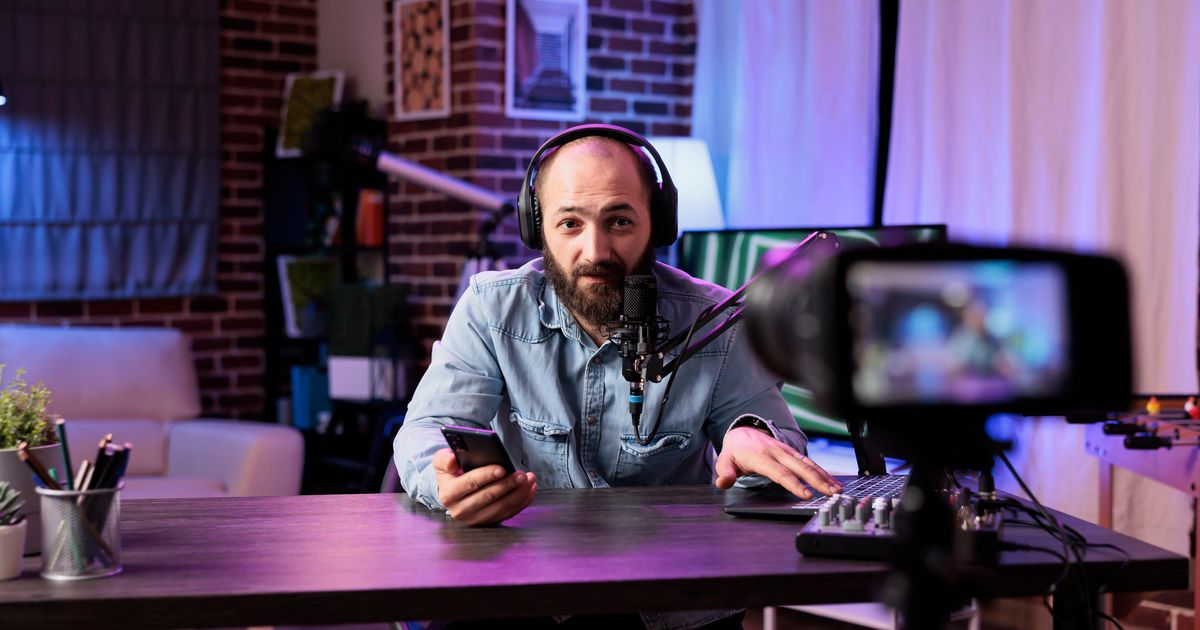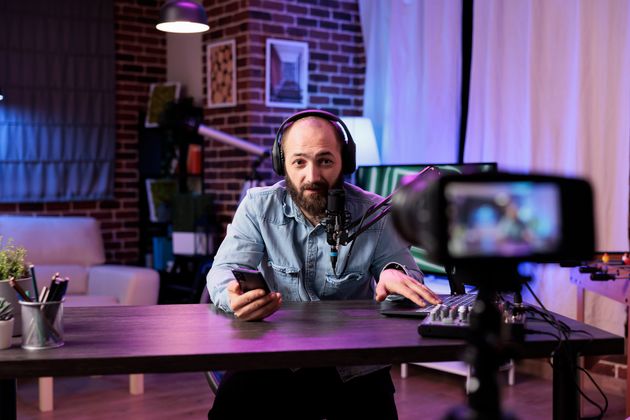
If, like me, you struggle to stick to budgeting plans because you simply cannot turn down going out with friends, you might want to consider ‘loud budgeting’.
Yes, instead of quietly trying to stick to budgeting goals and making excuses for not socialising as much, loud budgeting is all about being honest about your financial plans and your need to stick to them.
Advertisement
HuffPost UK spoke with financial expert Adrian Murphy, CEO of Murphy Wealth to learn more about loud budgeting and how we can implement it in our everyday lives.
What loud budgeting is, and how to do it
Murphy explained: ” A big part of embarking on your savings journey is accountability. When you are thinking about your long term goals and objectives, it helps if there’s someone who keeps you accountable to your life plan – perhaps a partner or family member.
“If you don’t have that, there’s not someone to give you a nudge and you are relying on your own personal motivation – which is harder!”
This is where this budgeting trend comes in. Murphy said that if your intention is to save is out there, you’re more likely to stick to it.
Advertisement
However, Murphy admits that for some people, loud budgeting may be extreme and said for them: “A better way to look at it could be to find friends who will help you be accountable.
“You’ve already made a conscious choice not to spend or go out, so perhaps you should look at your reasons why? If you’re regularly defending your right to not spend in your social circles, it might be worth looking at your circle of friends. It might suggest you don’t have a supportive network.”
That being said, don’t feel that you need to stop socialising entirely.
Murphy urged: “With money there’s always a balance to be had. Money spent on socialising and experiences is important for mental health and wellness.
“We’re social animals, and not everything can be about tomorrow. Saving is important, but not if you’re watching the world go by to do so.”
How do you know if loud budgeting is right for you?
So, how do you know if it’s right for you?
Murphy answered: ”‘Loud budgeting’ highlights a cross generational issue. Money and relationships are, by far, the two most difficult topics to talk about. Everything in your life somehow tracks back to money and it can be such an emotive topic, one where tough decisions need to be made.
Advertisement
“We should encourage better conversations about money, especially if it can stop you making detrimental decisions. If saying ‘no, I’m not going for a coffee because my savings need to be prioritised’ helps you save and talk about money, I don’t see a problem.”





